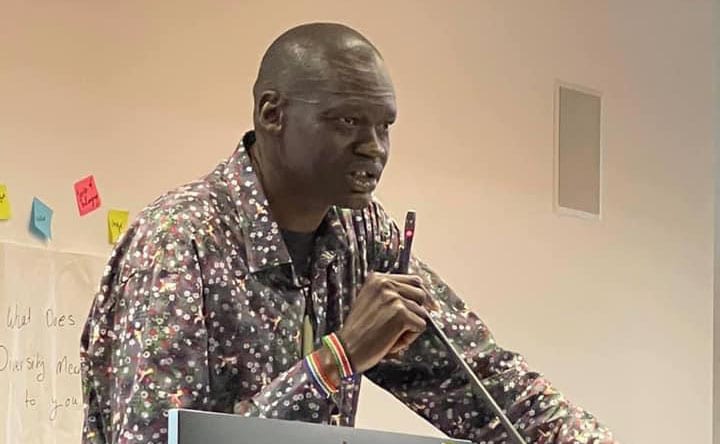
Cultural Identity
Culture is important to us as it defines who we are as human beings. This reminds me of Dr. Mohammad Muazzam, an English professor at Abdul Wali Khan University Mardan, Pakistan, who once said culture is an umbrella phrase in the sense that it does not reflect a single concept; rather, it involves a number of concepts that are linked and related to the main term. Culture cannot and should not be explained simply in terms of geography and borders. Let me reinforce Mohammad’s phrase with my brief story: meeting a stranger.
When I first came to New Zealand, I came across an old Caucasian male at Manukau Mall. He greeted me with a broad smile and asked me if we could sit in a café for coffee. I asked him why he would mind inviting me for coffee and he did not know me. He responded by saying the reason for inviting me for coffee is to know who I was, and where I came from. We chatted for over one hour and we became friends ever since.
No stranger had ever shown me such a high level of generosity, which changed my perceptions of various cultures, particularly those of older Europeans. Cultural identity is what identifies us; it could be language, food, music, clothing, and behaviours. Your culture is very important and can inspire others. The stranger used the kiwi culture to change my mindset. Cultural identity contributes to people’s belonging, security, and wellbeing.
A report on ethnic identity released in 2003 by New Zealand’s Ministry of Social Development reminds us that identifying with a particular culture gives people feelings of belonging and security and provides people with access to social networks which provide support and shared values and aspirations. We can use our cultures to break barriers, build connections in our communities, inspire others, and change the stereotypes. Remember how a stranger changed my mind with just a cup of coffee, you can do that, too, to inspire others. You can cook your nice cultural food and invite your neighbours and have a chat, that will positively change your neighbours’ views on you and your culture. Our cultural identities allow us to interact to promote trust, respect, and understanding across cultures.

